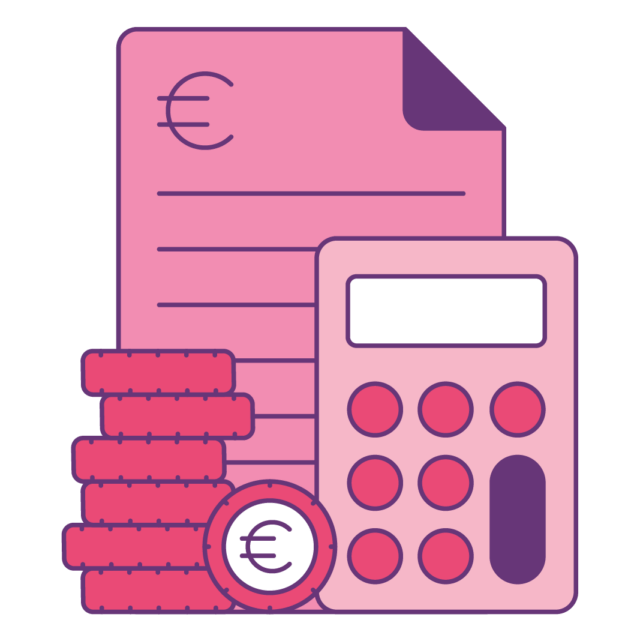Getting divorced is always stressful and is compounded by the fact that, as an ex-pat, your right to remain here could also be at risk. However, if you are a Dutch or EU citizen, you will still have the right to remain here even after divorcing – and this is also the case if you have a residence permit in your name.
Things are more challenging if your residence permit is a spousal permit, which is usually tied to your spouse’s employment. In this scenario, getting divorced could mean applying for a Dutch permit in your name to reside in the country. And a formal separation may also have an impact on your residency rights. With this in mind, it is essential to consult your lawyer or mediator, to make sure that you have the correct residence permit.
When you are planning to get divorced in an ex-pat situation, it is always wise to make an appointment with a mediator quickly. If you are an ex-pat and need the services of a mediator, please contact us for expert advice.
Contact us

 You can use the map on the right or the postcode tool, from the mediator page you can easily contact our mediators. For convenience we suggest Google Chrome where you can easily translate the page using “Translate to [language]” when right-clicking anywhere on the page.
You can use the map on the right or the postcode tool, from the mediator page you can easily contact our mediators. For convenience we suggest Google Chrome where you can easily translate the page using “Translate to [language]” when right-clicking anywhere on the page.

